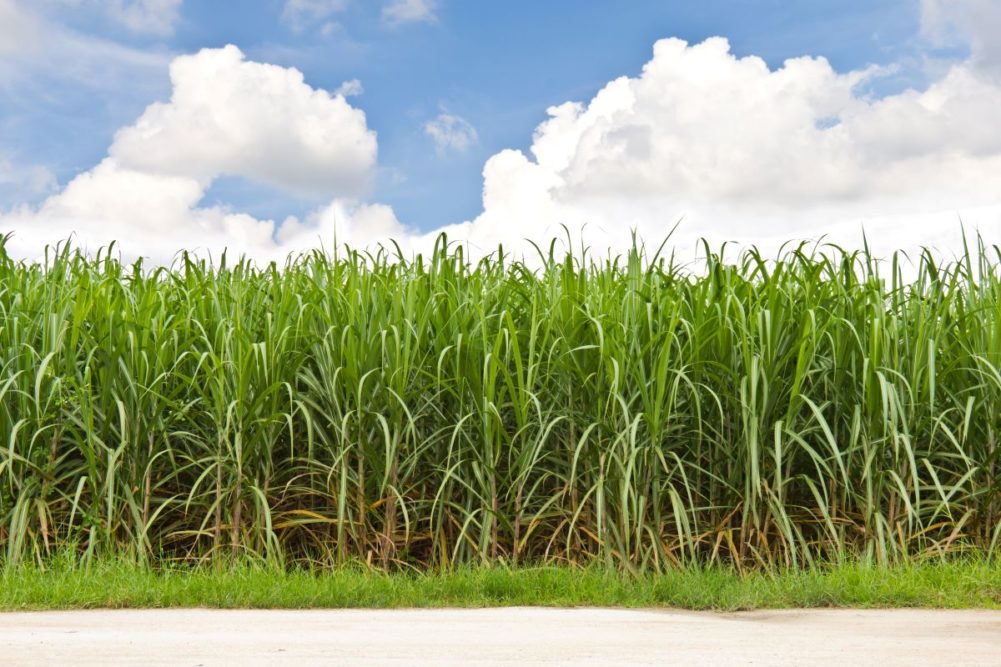WASHINGTON — At the written request of the US Department of Agriculture, the US Department of Commerce on April 29 announced an increase in the amount of raw sugar that Mexico can export to the United States in the current marketing year, which ends Sept. 30.
In its letter to the DOC, the USDA said it “has identified a need for additional sugar supplies in the US market and hereby requests that the Department of Commerce increase no later than April 29, 2022, Mexico’s fiscal year 2022 export limit by 170,000 short tons, raw value, of ‘other’ sugar pursuant to Section V.B.4.c’ of the Agreement Suspending the Countervailing Duty Investigation on Sugar from Mexico, as amended on Jan. 15, 2020 (CVD Agreement).” The USDA in its letter also said that “consistent with the definition of other sugar in the CVD Agreement, the additional sugar must have a polarity of less than 99.2 (degrees), as produced and measured on a dry basis.” That is below the polarity for sugar to be classified as refined sugar, and thus is considered raw sugar that must be further refined before delivery to US users.
The DOC on Nov. 23, 2021, also increased Mexico’s export limit for other sugar by 150,000 short tons. The revised export limit for Mexico for the current marketing year (Oct. 1, 2021-Sept. 30, 2022) now is 1,207,400 short tons, raw value. Because the Nov. 23 and April 29 export limit increases were specifically for other (raw) sugar, the amount of refined sugar that can be exported to the United States from Mexico this marketing year remains at 266,220 short tons, raw value (30% of the original export limit of 887,400 short tons, raw value, set last year).
The government of Mexico indicated that it can and will supply the additional 170,000 tons of other sugar, just as it had the initial 150,000-ton increase, which had to enter the United States before March 31, 2022. The DOC acts to increase the export limit on or after April 1 only after both requirements — a written request from the USDA for additional sugar and confirmation from Mexico that it can and will supply the increase — are met.
The Office of the US Trade Representative on April 15 announced the reallocation of 201,551 tonnes (about 222,172 short tons) of unused country -specific quota allocations under the tariff-rate quota on imported raw cane sugar for 2021-22. The change shifted TRQ imports from countries that indicated they could not fill their 2021-22 TRQ allocations to those who indicated they had additional sugar to export to the United States. The largest share of the reallocation would make up for TRQ exports from the Philippines, which, due to lowered domestic production, allocated all of its sugar supply for domestic use and indicated it would not ship any of its 142,160-tonne (about 156,704 short tons) TRQ allocation in the current marketing year. It wasn’t known how much of the reallocation would actually arrive in the United States as there is always some level of underperformance by exporting countries.
Sugar supplies in the United States have tightened dramatically since February, when the 2021-22 ending stocks-to-use ratio was forecast at 14.7% by the USDA in its World Agricultural Supply and Demand Estimates report. The ratio was lowered to 13.6% in March and to 12.5% in April, which is below the USDA’s traditional target range of 13.5% to 15.5% that indicates adequate sugar supplies. From February to April, the USDA’s forecast of domestic sugar production was lowered by 133,000 tons, or 1.4%, imports were raised by 46,000 tons, or 1.5%, and deliveries were raised by 166,000 tons, or 1.3%, with a net reduction of about 250,000 tons, or 14%, in forecast 2021-22 sugar ending stocks.
Also tightening supplies in April (and only partially accounted for in the USDA’s reduction in domestic sugar production forecast in the WASDE), was the Michigan Sugar Co.’s force majeure declaration in early April that removed an estimated 50,000 short tons of refined beet sugar from the market. Michigan sugar said it would not deliver 25% of its contracted sugar to all customers between April 1 and Sept. 30.
Spot sugar prices, meanwhile, have soared. Spot beet sugar is unavailable as all supplies from the 2021 beet crop have been contracted some time ago. Refined cane sugar is being offered at 58¢ a lb f.o.b., the highest in 11 years.




